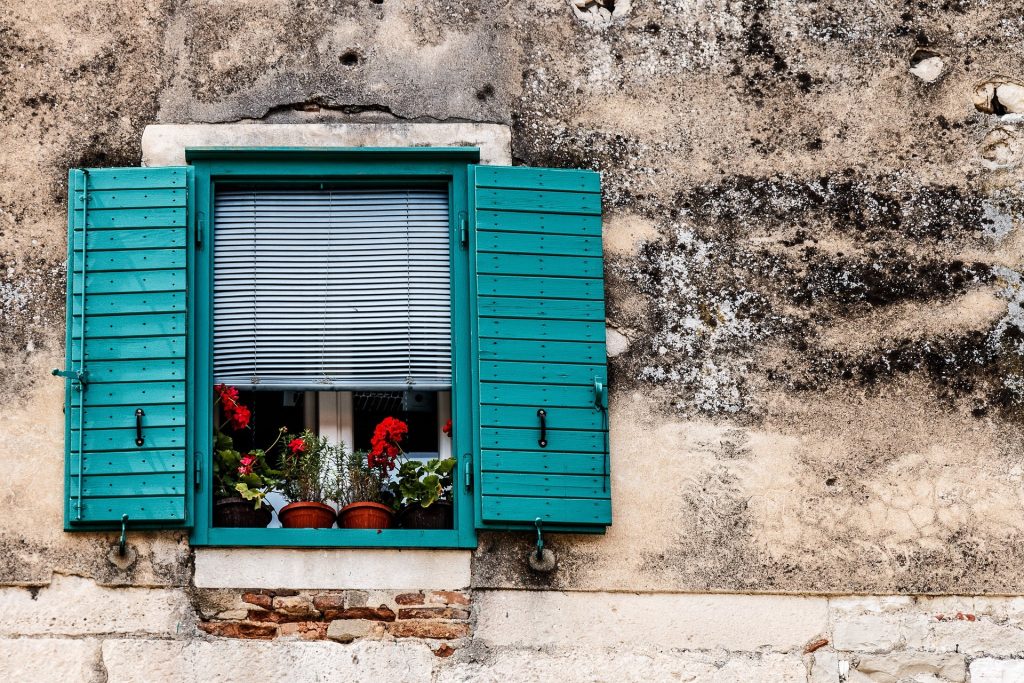July the 27th, 2023 – While it might not seem like anything is going down in price as inflationary pressures continue to gain weight, some Croatian renters just keep on dropping their tourist season prices. There’s a very good reason…
As Poslovni Dnevnik/Marija Crnjak writes, numerous warnings being echoed by this country’s experienced tourism experts appear to now be coming true. Many of those who greedily raised their prices in the private accommodation sector will get the worst end of the stick this season.
On the ground, they confirm to us that the “sale” of unfilled accommodation units by Croatian renters has begun in last-minute promotions that have prices slashed by up to 50 percent, although bookings during July slightly accelerated compared to those back in May and June.
Admittedly, the luxury villas whose guests decided to spend their money where they couldn’t back in the years of restrictions on travel owing to the pandemic, such as Greece, Spain, Turkey, and distant destinations, have also “caught up”.
Some are acting like there’s no next summer
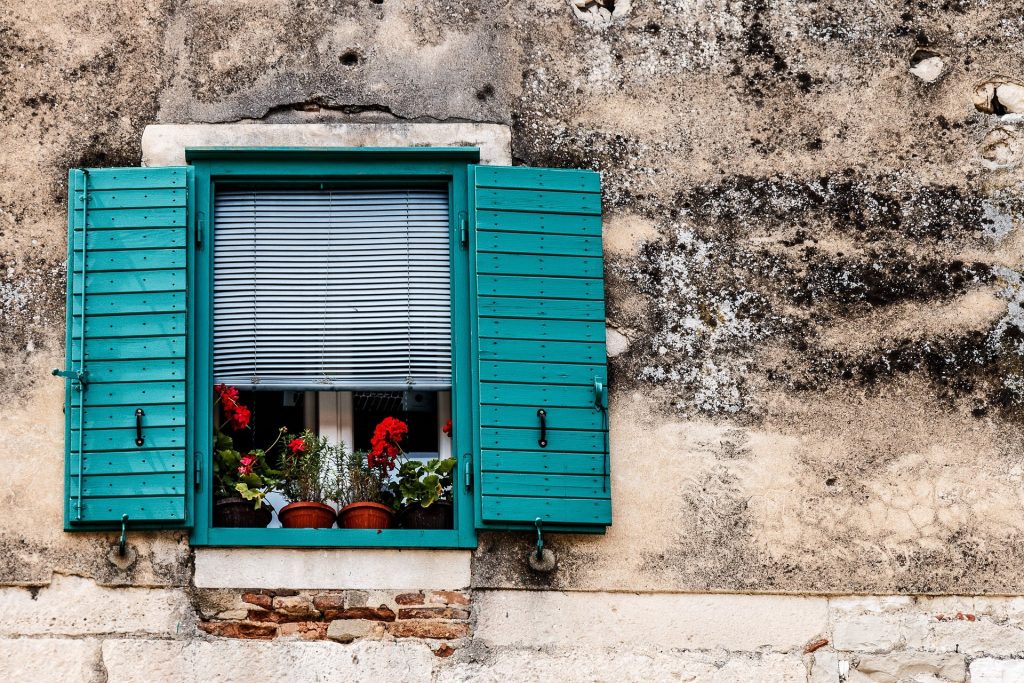
“The situation isn’t alarming, but it could reduce the income taken home by Croatian renters and as such the entire industry at the end of the day. At the end of the season, everyone must think carefully about whether or not they should continue to behave as if next summer isn’t going to exist,” Igor Popović, the co-owner of Adriagate, which manages 12,000 accommodation units along the Adriatic coast stated.
These “sales” by Croatian renters were announced a few weeks ago by Selimir Ognjenović, the owner of the ID Riva agency that works on the German market, and at the same time, Boris Žgomba, the president of the Uniline Management Board, warned about the boom in prices.
“Those who were wise with setting their initial prices have excellent occupancy rates this summer season, from 90 to 120 days, without any cancellations,” said Popović, whose agency provides its clients with education and statistics based on which they can make decisions about their future price formations. In the end, the decision is always up to the Croatian renters themselves.
Eurozone recession saw demand slow down
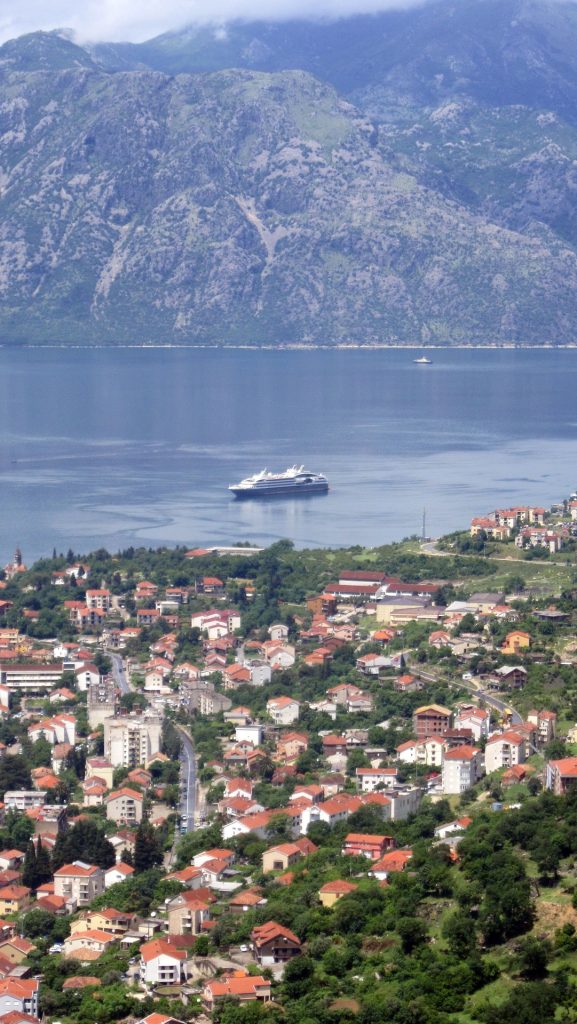
“There are those days which fall during the very peak summer season on which people could have raised their prices more significantly because there’s a lot of demand, but many people took it slowly and raised their prices for all periods. That saw them faced with a mass of cancellations, which we can track on platforms such as Booking.com, where all our units are located. We had a situation where tourists who failed to book their holidays in time last year started booking for this year as early as last autumn.
Some private Croatian renters used this misplaced wave of optimism to raise their prices by up to 40 or 50 percent, while others were wiser. On average, the private accommodation sector entered this tourist season with prices higher by 15 to 20 percent,” Igor Popović explained. When news of the Eurozone’s recession hit, demand slowed down, especially for the most expensive options.
A wave of cancellations on booking platforms
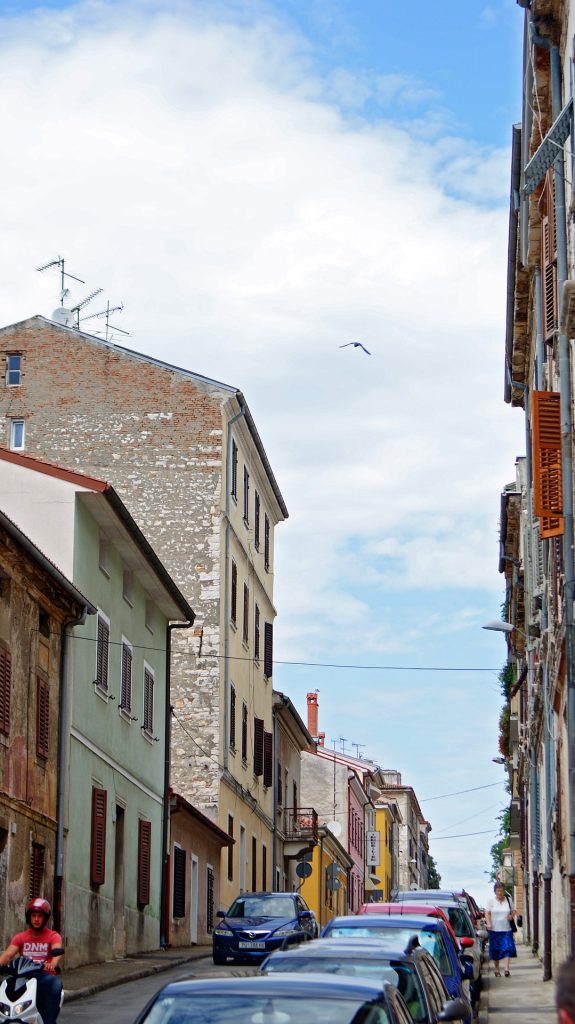
Igor Popović explained that back in May and June, about 20 percent less reservations were recorded. “At the beginning of the summer, the biggest problem was the expensive villas with swimming pools, which had a hard time filling the gaps, and they lowered their prices by up to 50 percent in last-minute promotions. When the guests saw this, they started cancelling reservations they’d already made on Booking, because people realised that they could find something cheaper,” Popović explained.
Selimir Ognjenović recently explained in the media how last minute psychology works. “If I want to take 10 percent more that the consumer won’t accept, the moment the guest turns their head, I’ll have to attract them again by lowering the price not by that 10 percent, but by 25 or 30 percent.
Random, daily searches of apartment offers throughout the Adriatic on the Booking.com and Airbnb platforms in the last ten days shows that apartment prices have been dropping from 10 down to 40 percent, with the biggest discounts being given by those who initially had higher prices, that is – those who saw fit to recalculate.
Advance reservation cancellations
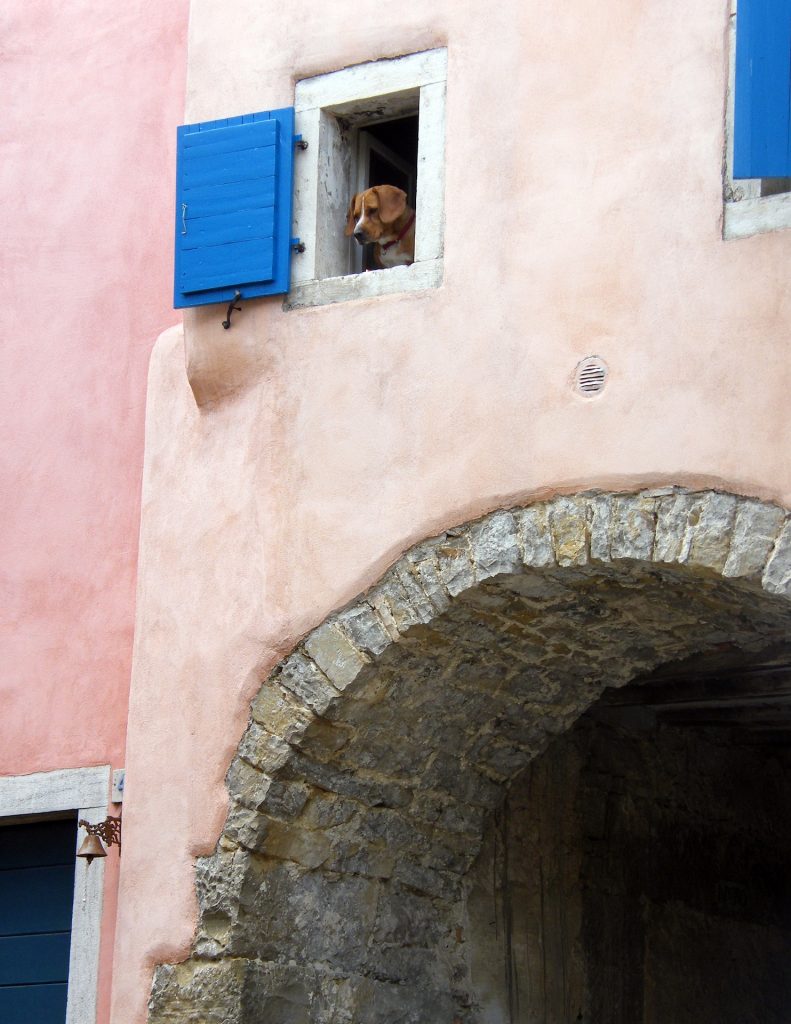
In addition to all of the aforementioned, cancellations of advance reservations are being noticed. On these platforms, such cancellations usually don’t cost the guests anything until a certain number of days before their arrival, so guests freely change their mind at the last minute. This trend of free cancellation of reservations developed during the coronavirus pandemic, because travel conditions were less predictable.
“Hotels have professional sales staff who know how to deal with these situations. It won’t only be private Croatian renters experiencing this issue. Expensive villas could have problems, which don’t really tend to have more guests waiting around the corner to jump in, fill gaps and pay. Hotels and campsites could do better because of the way they operate in general. The next to be hit could be those in the catering and hospitality sector, who will have to come to terms with the fact that they have fewer guests now, and those guests they do have are typically not ready to pay as much as they’d like them to,” concluded Boris Žgomba.

